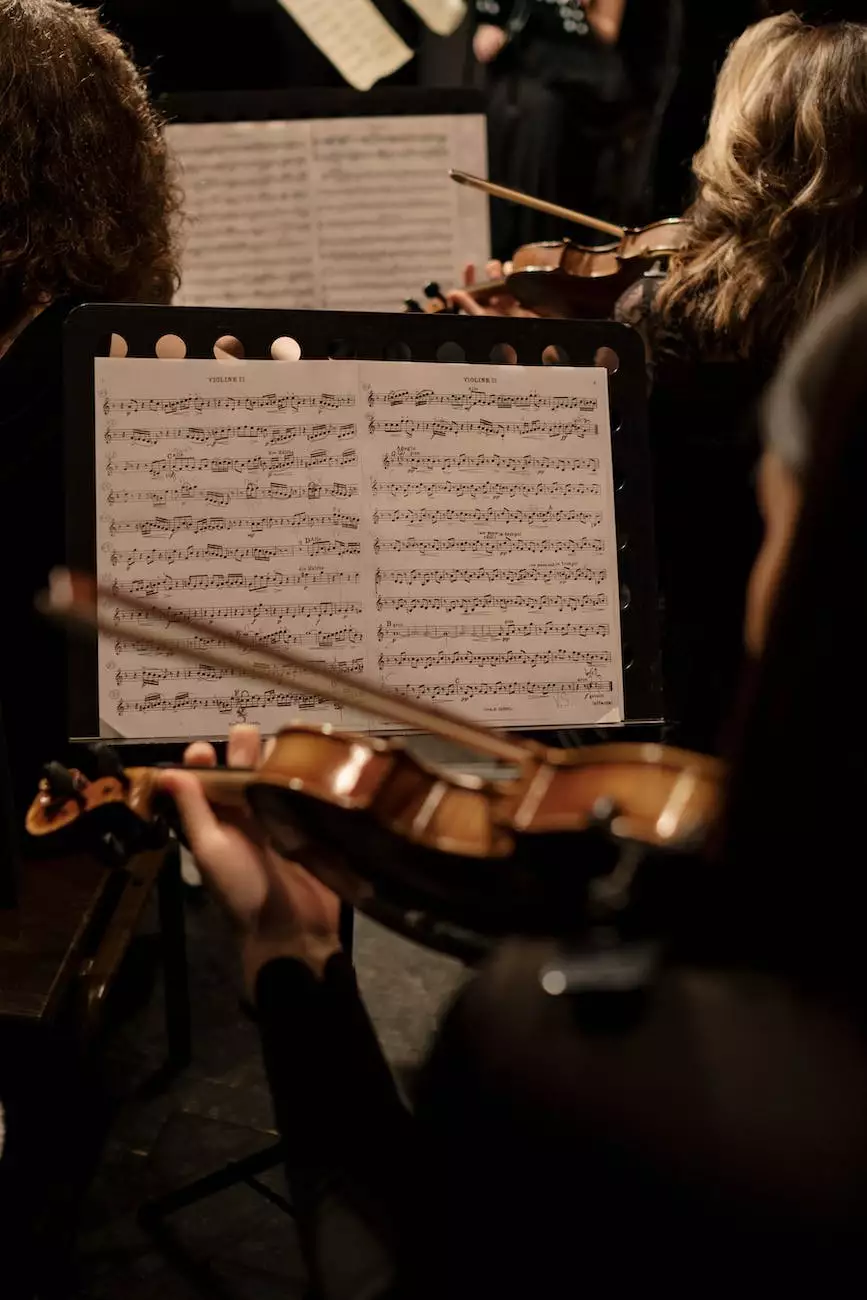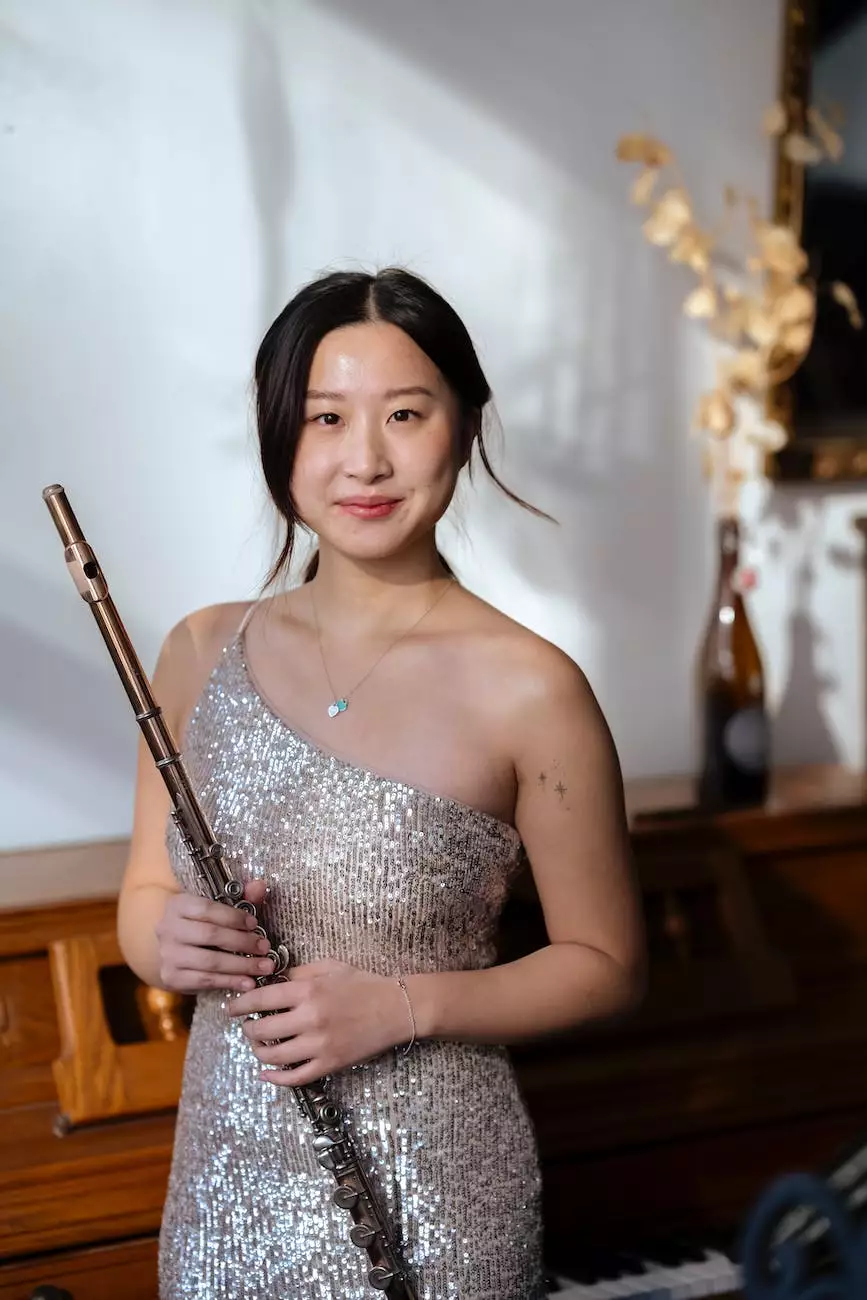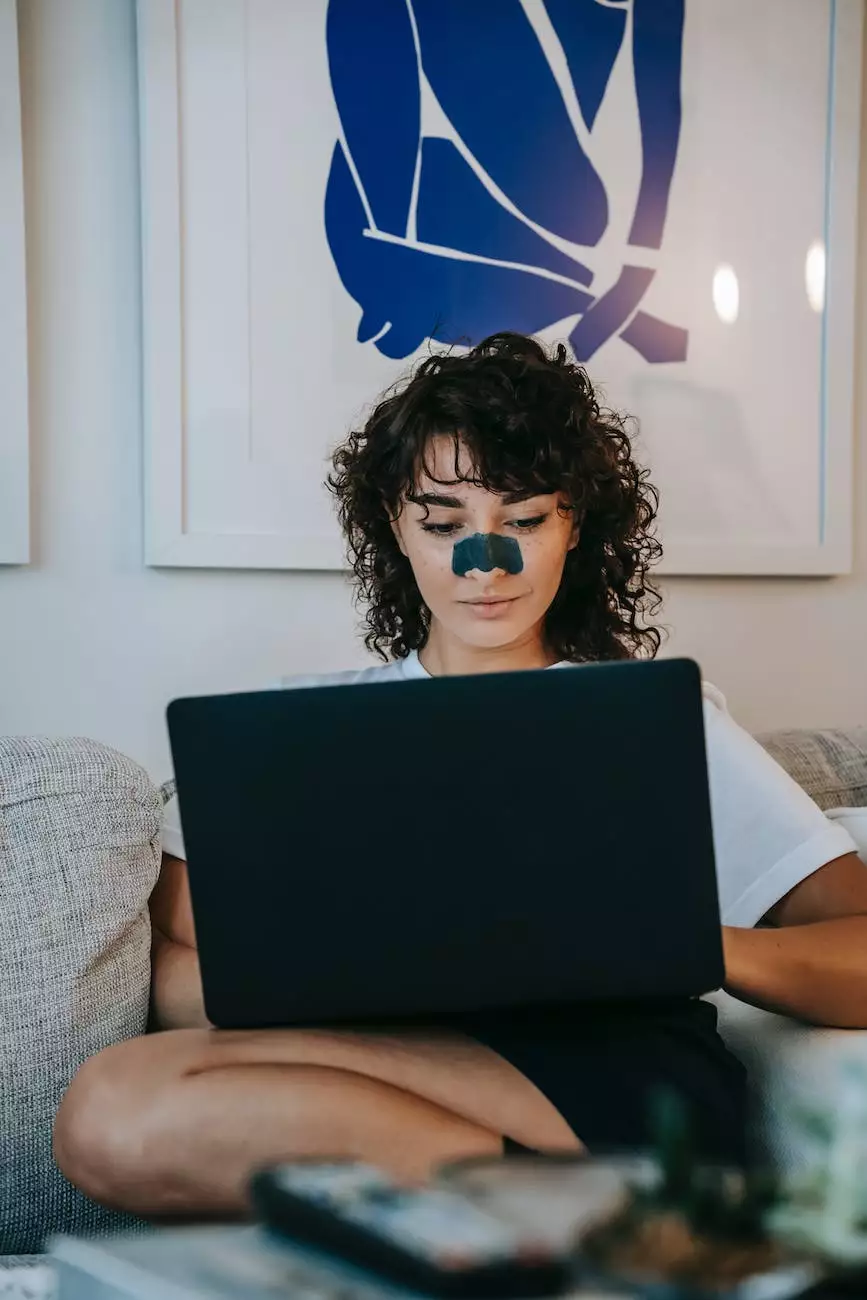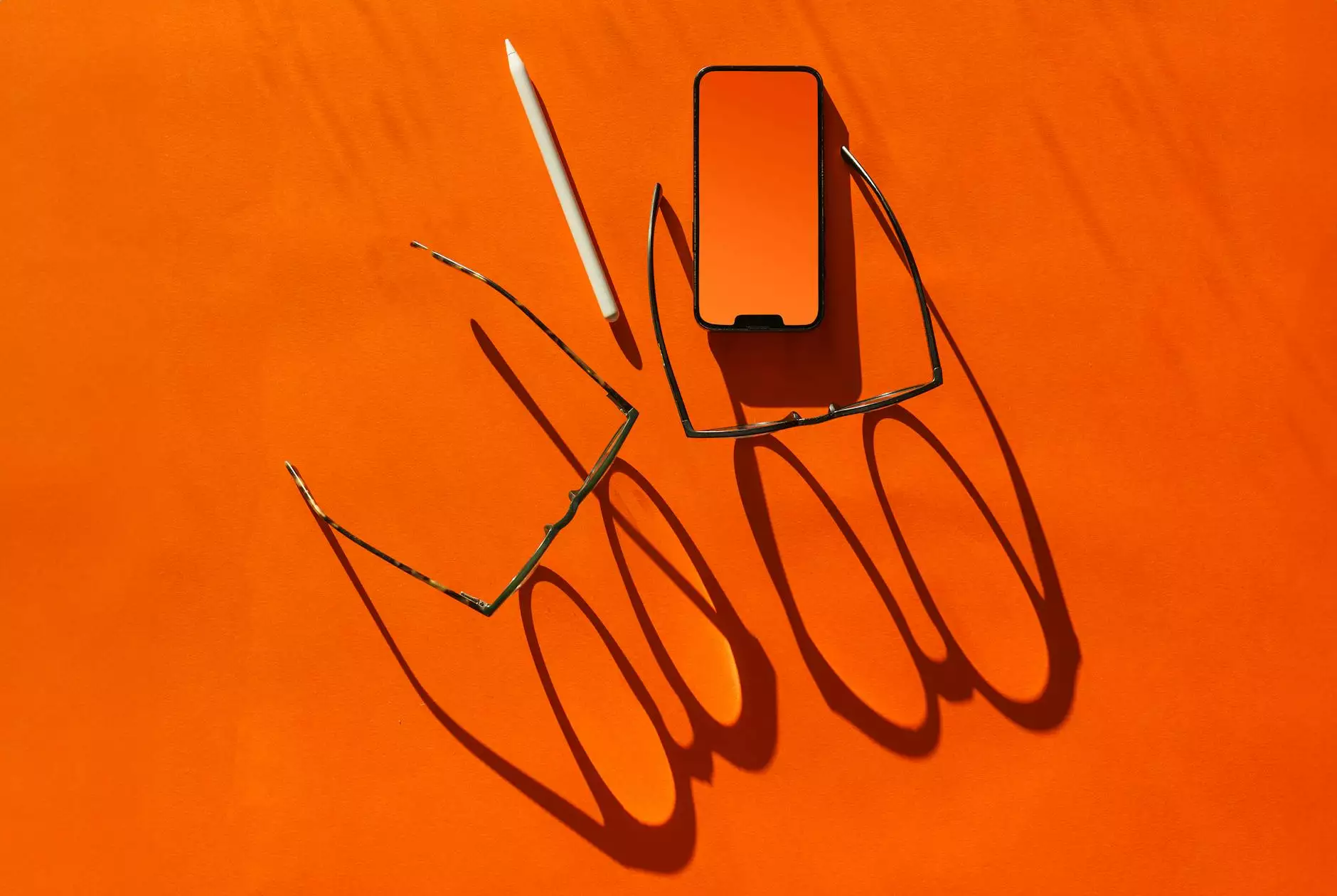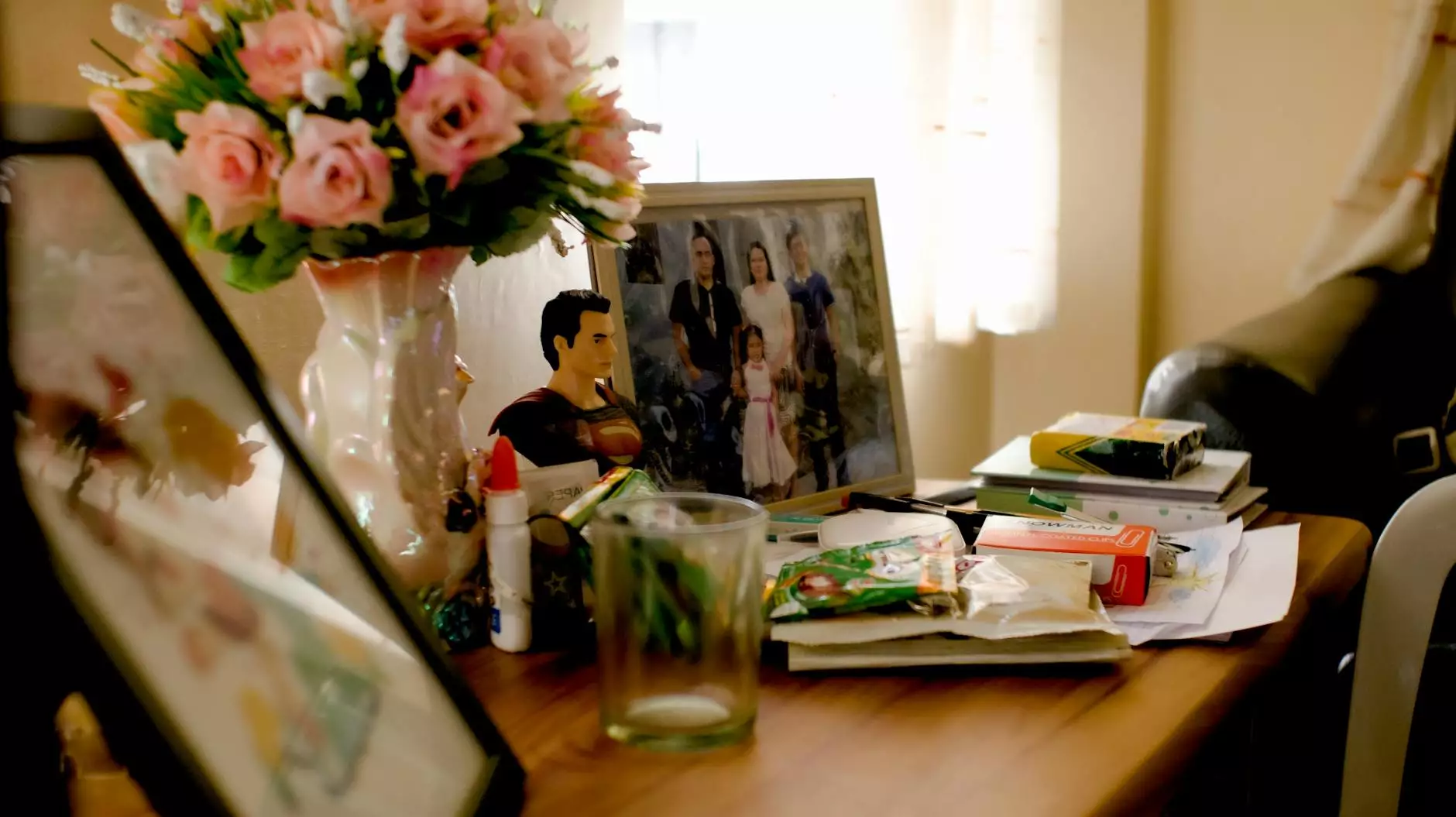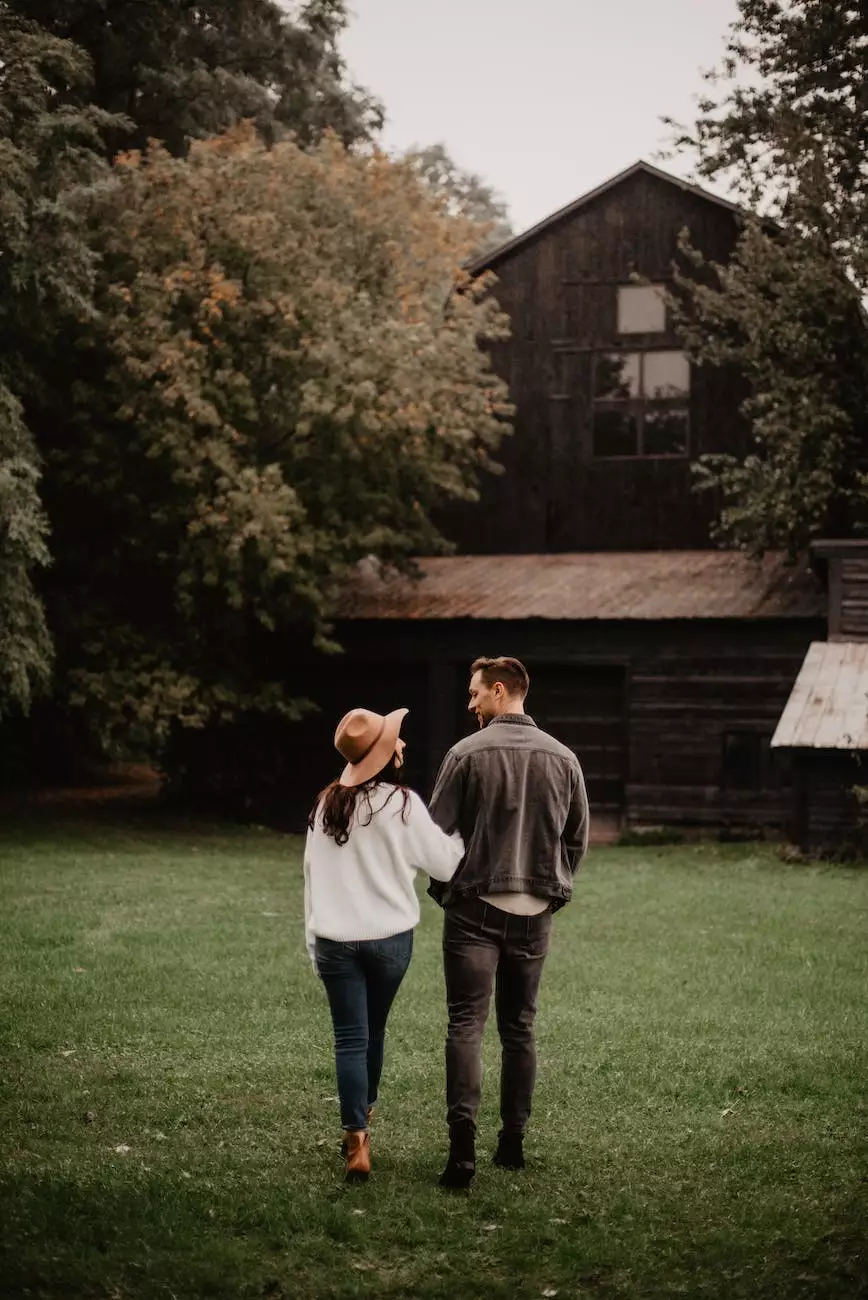ASCAP and BMI Licensing and Rules For Music at Private Events
Event Spotlight
Introduction
Welcome to My Flicks! As an expert in Arts & Entertainment - Streaming & Online TV, we understand the importance of music at private events. In this comprehensive guide, we will delve into the intricate world of ASCAP and BMI licensing and rules for music, helping you determine if you require a license for your upcoming event.
The Role of ASCAP and BMI
ASCAP (American Society of Composers, Authors, and Publishers) and BMI (Broadcast Music, Inc.) are two major performing rights organizations that represent songwriters, composers, and publishers. These organizations ensure that creators of music are compensated for the use of their works at various events and venues.
Understanding Performing Rights Organizations
Performing rights organizations like ASCAP and BMI are responsible for collecting fees from businesses and organizations that use copyrighted music in public performances. These fees are then distributed as royalties to the songwriters and publishers.
When Do You Need a License?
It is crucial to determine whether you need an ASCAP or BMI license for your private event. Failure to obtain the necessary licensing can result in legal consequences. Here are some scenarios when you may need a license:
1. Public Performance
If your private event involves public performances of copyrighted music, such as live bands, DJs, or background music, it is likely that you need to obtain a license. Public performances include any music played outside the domestic circle of family and close friends.
2. Commercial Venues
If your event takes place in a commercial venue or any place that normally requires a license, such as hotels, resorts, or clubs, you will likely need to obtain the appropriate licensing. These venues typically have agreements with performing rights organizations to ensure compliance with copyright laws.
3. Non-Profit and Charitable Events
Even non-profit and charitable events must obtain proper licensing if copyrighted music is performed or played. While exemptions may exist for certain types of events, it is crucial to consult with ASCAP and BMI directly or a legal professional to ensure compliance.
Determining Which License You Need
Both ASCAP and BMI offer various types of licenses to cater to different needs.
1. ASCAP
ASCAP provides licenses for a wide range of musical performances and events. Their licenses cover live performances, background music, internet radio, and more. They offer tailored solutions depending on the unique requirements of your event.
2. BMI
BMI offers licenses for different types of events, including live performances, digital streaming, and background music. Their licenses ensure that you have the necessary permission to use the vast catalog of music represented by BMI.
How to Obtain a License
Obtaining an ASCAP or BMI license for your private event is a straightforward process. Here are the general steps:
1. Determine Your Needs
Identify the type of performances or music usage that will occur at your event. This will help you determine which licensing organization to approach.
2. Contact ASCAP or BMI
Reach out to ASCAP or BMI directly to discuss your event and licensing requirements. Their representatives will guide you through the process and help you select the appropriate license.
3. Apply for a License
Submit the necessary application forms and provide any additional documentation requested by ASCAP or BMI. Be sure to provide accurate and detailed information to ensure a smooth licensing process.
4. Pay the Licensing Fee
Upon approval of your application, you will need to pay the licensing fee. The fee amount will depend on various factors such as the type and size of your event. ASCAP and BMI offer convenient online payment options for ease of transaction.
Conclusion
ASCAP and BMI licensing is a crucial aspect to consider when incorporating music into your private events. My Flicks is your go-to source for all things Arts & Entertainment - Streaming & Online TV. By understanding the roles of ASCAP and BMI, determining when you need a license, and following the necessary steps to obtain one, you can ensure legal compliance and provide a memorable, music-filled experience for your guests.

